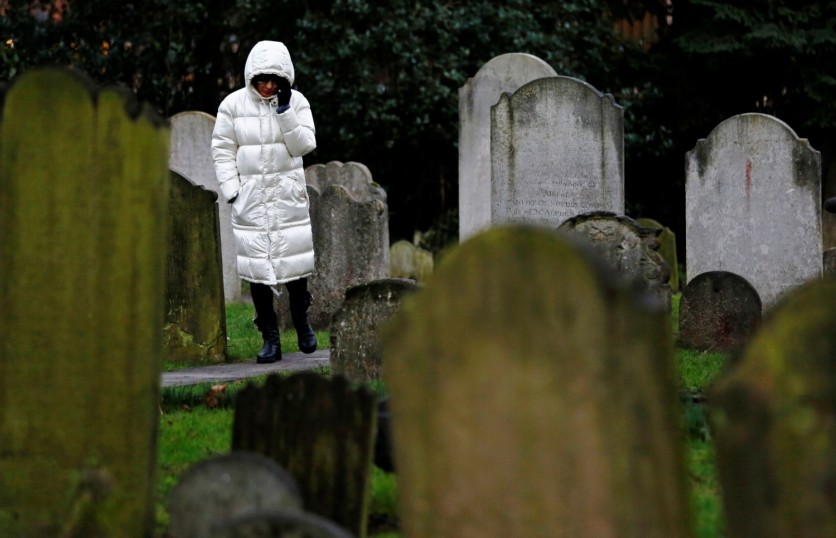
With COVID-19 affecting an increasing number of Americans, people across the country are scrambling to make last will and testament documents.
CNBC reported online will companies have seen an outburst in users over the last two weeks. As of Monday, Boston-based Gentreo has seen a 143 percent weekly increase in people filling out wills. San Diego's Trust & Will, on the other hand, has seen a 50% uptick in clients.
ALSO READ: Can Heavy Cannabis Use Increase Chances Of Early Death?
The upward push in online wills
Over the previous couple of years, some of the online estate making plans startups have popped up, with all of them imparting users a reasonably-priced and smooth way to create a legally binding will. In only 30 minutes, a person can detail their every desire and make sure that every belonging will end up to the right persons if something unthinkable happens.
Cody Barbo, Trust & Wills founder, and CEO, established Trust & Will in 2017. According to Crunchbase, Barbo's startup has collected US$8 million in funding to modernize the $170 billion estate-planning sectors.
If the tax enterprise should make filling out taxes smooth to do online, then Barbo must to do the same with estate planning, he said.
Plus, with only 37% of Americans having a will, according to Caring.Com, there's a considerable possibility to encourage more humans to create one. Instead of having to find a lawyer and speak about demise with a person you barely know, you can undergo the entire process at home for a lesser fee.
ALSO READ: Google AI Can Predict Death For Patients With Amazing Accuracy
Court confusion?
As online will develop in popularity, a group of lawyers warned the users on the usefulness of the online feature. A brief Google search will carry up articles at the risks of do-it-yourself wills or memories of online wills that had been thrown out in court.
Leslie Tayne, founder of New York-based Tayne Law Group, said using such a feature could be valid if documents meet all the legal necessities. She added a larger number of wills unexecuted in compliance with proper will formalities and without any oversight from an attorney could end up making the will invalid.
For example, Sarah Wentz - a legal professional in Philadelphia - had a client who filled out contradictory records online will sites. After that individual passed away, the intention was contested in court.
Wentz said the client left the identical property to a couple of people. She explained that the person concerned would understand the nuances of how things need to be written if there was a lawyer. The client, she added, could make sure that what they really want is being conveyed in the documents.
Despite this situation, Wentz isn't against online wills. They are legal - she said all a client would need a notary and two witnesses to sign a will. The last step in creating an internet will, according to Wentz, is printing out the record and getting it notarized. She said the lawyers wouldn't ask the client a lot of the identical questions that an attorney could question.
Those who are considering the use of the internet will make sure the website is compliant with state-specific rules. While wills are typically created in the same way throughout the country, there are a few nuances in every locale that, if ignored, should cause issues later on, says Wentz. Most online websites do take various regulations into account, and that they automatically update their software when policies change, but don't take it for granted.
ⓒ 2026 TECHTIMES.com All rights reserved. Do not reproduce without permission.




